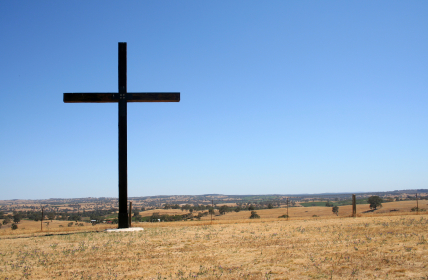
Before my students take an exam, I always pray that the test would be “an accurate reflection of the knowledge that they’ve obtained.”
My students are not fond of that prayer.
What they want me to pray is that they will perform well on the test, that regardless of what they actually know, they will get a good grade.
However, as I like to remind them, the grade is a reflection of their performance. It is intricately tied to what they know. Therefore, it’s not the grade that “matters” – what matters is that the grade is an accurate assessment of how well they know and understand the material they are to learn.
In similar ways, we tend to judge the lives of others by cursory perceptions. If someone seems to leading an “easy” life then we assume that they must have made good decisions or done good things. If other words, we “grade” their lives based on a quick evaluation rather than an accurate assessment.
Scripture, however, indicates that how people act when life is “good” isn’t an accurate assessment of the life that they are leading. I Peter 1:7 tells believers that their faith will be tested – not by everything working out the way they planned, but through “fire” – through difficulties. The trials that we face, and the manner in which we contend with them, will test the “genuineness” of our faith. In other words, these will be the accurate assessment of our trust and reliance on Him.
Yet, just like my students want me to pray that they get a good grade and not that the test demonstrates their knowledge, we often pray that God would let the trials pass, rather than that our tested faith would prove genuine as a result. Perhaps we would do better to pray that the fire be used for God’s glory and that as a result our faith is stronger and proven genuine.
